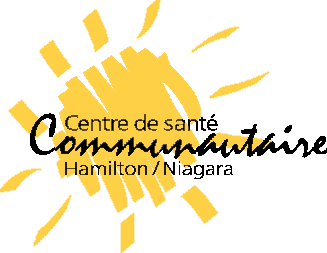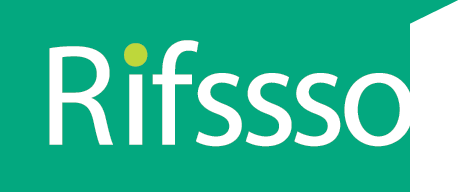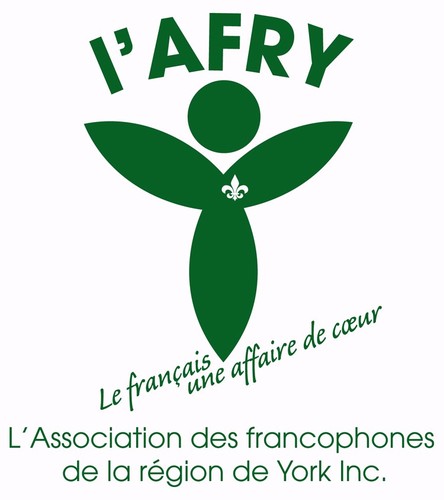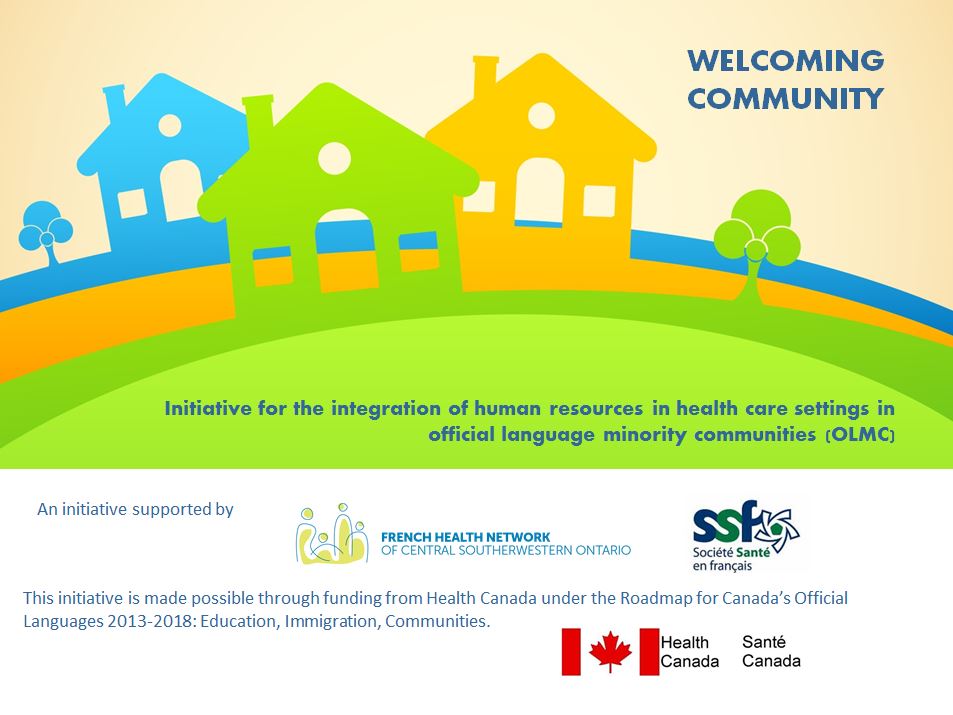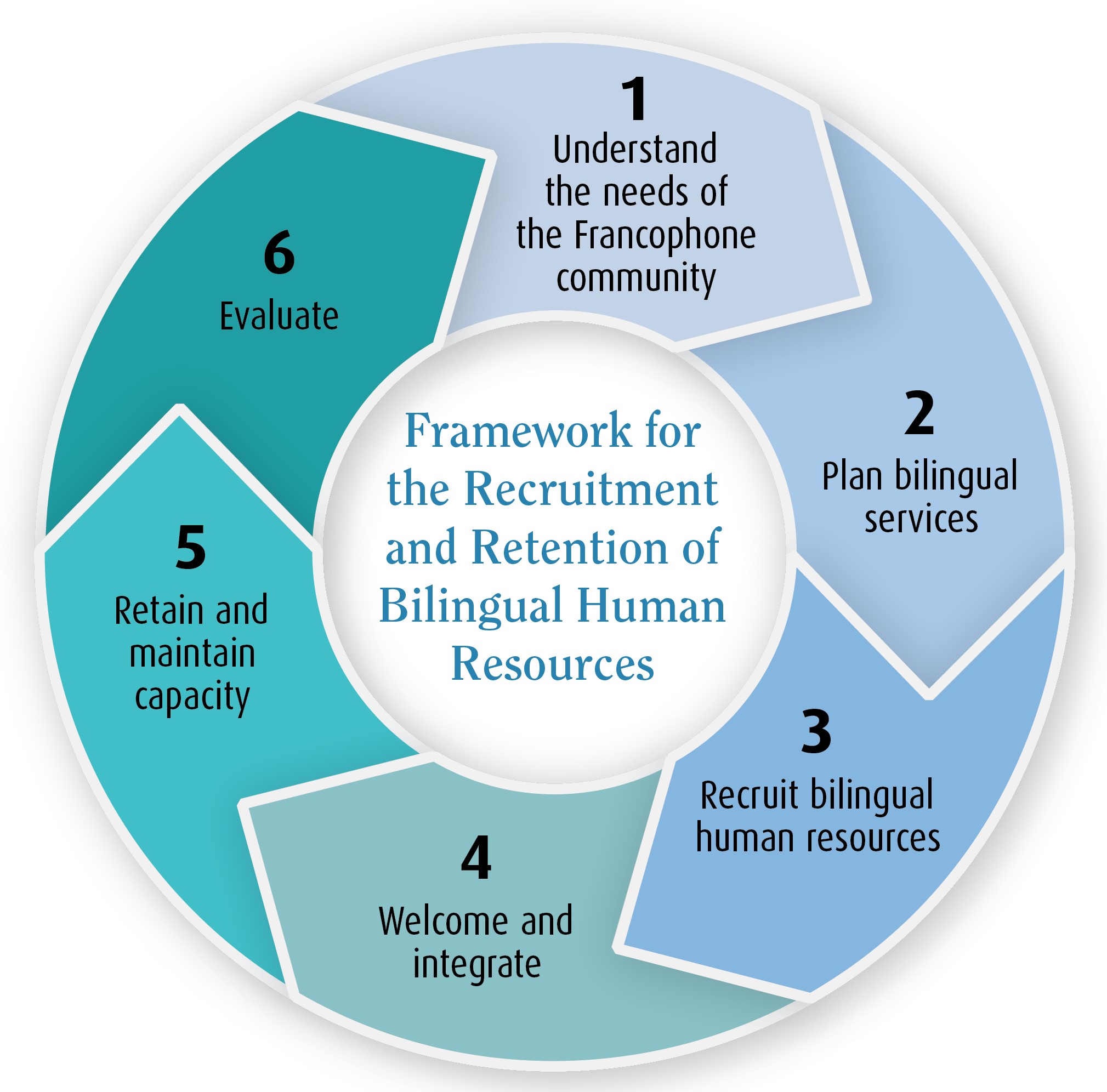6 practical tips for the recrutment & retention of bilingual human resources in the health sector (Spring 2016)
The practical tips offered in this media campaign are base on the Framework for Recruitment & Retention of Bilingual Human Resources in the Health Sector from Société Santé en français et Réseau franco-santé du Sud de l'Ontario, March 2015.

- Best Practices
- Employment/working conditions
- Organizational Level
- Patient Centered
- Professional Level
- Spoken language
Addiction Toolkit
CAMH, Center for Addiction and Mental Health
This accessible and practical reference is for health care providers who work in a primary care setting and who have patients with substance use problems. Based on current clinical evidence and the extensive clinical experience of the editors and contributors, the toolkit provides brief answers to common clinical questions, as well as relevant clinical tools and patient resources.
- Health services
- Health Sources
- Patient Centered
- Personal health practices and coping skills
- Professional Level
- Social support networks
- Tools
Breastfeeding
Best Start Resource Centre from Health Nexus
Various tools and materials to assist health professional promoting breastfeeding amount new moms.
Community engagement
Health Nexus, Your health promotion specialist
Health Nexus produces multi-media resources on a broad range of health promotion topics, both independently and in collaboration with other organizations and experts.
Our tools include how-to guides, best practices, tip sheets and videos—and we can also link you to the latest sources in heath promotion from around the world.
- Health Sources
- Organizational Level
- Professional Level
- Social environments
- Social support networks
- Tools
Differential Glossary of Health Terms
Moncton University
In the Maritime Provinces, doctor-patient communication has become increasingly complicated by the regional varieties of the French language. The purpose of the Les mots pour parler des maux glossary, i.e. ‘Words Used to Talk About Aches and Pains’, is to facilitate the integration of health-care workers who are less familiar with Acadian French and to improve the delivery of health services. - See more at: http://www8.umoncton.ca/umcm-mots-maux/home#sthash.Fxnk78z6.dpuf
Early Learning Resource
Ophea; Healthy Schools, Healthy Communities
Various resources and ideas for physical activity program, warm-up session and health promotion education tools for school aged children.
- Education and literacy
- Health Sources
- Healthy child development
- Personal health practices and coping skills
- Professional Level
- Tools
ÉDUCAVIE.ca (French resource)
OPHEA Écoles saines, Communautés saines, Nexus Santé, Élargir l'espace francophone (French resource)
éducavie.ca from educavie on Vimeo.
This site develops and sustains collaboration among public health professionals, community health services and francophone education services in Ontario. This network, which focuses on the health and well-being focus on the following topics: growth and sexuality, mental health, addiction, healthy eating and physical skills.
- Education and literacy
- Health Sources
- Healthy child development
- Patient Centered
- Personal health practices and coping skills
- Professional Level
- Social environments
- Tools
Health Promotion On-line Course (HP-101)
The Ontario Health Promotion Resource System (OHPRS)
Free online course offer to support health promotion in Ontario by strengthening the capacity of individuals and organizations to plan and implement health promotion programs.
HSPnet, Health Science Placement Network
HSPnet is a comprehensive, web-enabled Practice Education Management system for the health sciences, addressing challenges of discipline-specific and interprofessional student placements.
Interventions pluri-ethniques (French resource)
Le Regroupement des intervenants francophones en santé et en services sociaux de l’Ontario (Rifssso)
Toolbox, research and course to improve stakeholders knowledge's and approach in multicultural contexts./Offer in French only
Jeux du francais medical (French resource)
Médecins francophones du Canada (French resource)
The French physicians of Canada website offers various games to learn appropriate French medical terms to use in different situations. Which terms are acceptable or should be avoided. Very interesting tool for English speaking doctors working with francophone minorities.
Médecins francophones du Canada
Médecins francophones du Canada is engaged in promoting objectives that encourage medical services of a high calibre, with human values, among Francophone physicians, and grouping them into formal and virtual networks, as well as providing them with resources and tools that will support their initiatives and their projects.
Portail de formation linguistique et d’adaptation culturelle, en santé
Le Consortium national de formation en santé (CNFS)
Certaines communautés francophones ont leur façon bien à eux de communiquer. Qu'il s'agisse d'un accent particulier, d'un vocabulaire qui s'inspire de leurs origines et de leur histoire ou d'une façon de faire qui les caractérise, il est parfois difficile de les comprendre. Vous trouverez sous la section « Formation d'adaptation culturelle (FAC) » différentes formations ou divers outils permettant de mieux comprendre les variantes linguistiques et culturelles des communautés francophones vivant en situation minoritaire au Canada.
Primer to Action — Social Determinants of Health — Revised Edition
Ontario Chronic disease Prevention Alliance (OCDPA)
A resource for health professionals, volunteers and activists to explore the influence of social determinants of health on chronic diseases
- Education and literacy
- Employment/working conditions
- Health services
- Health Sources
- Income and social status
- Physical environments
- Professional Level
- Social support networks
- Tools
Professionnels formés à l’étranger (French resource)
Le Regroupement des intervenants francophones en santé et en services sociaux de l’Ontario (Rifssso)
Toolkit for international professionals wishing to practice in Canada./Offer in French only
Project 2008-2013
As part of the call for proposals 2010-2013, $1.4 million was distributed among 12 projets of health promotion for Francophones living in Central-Southwestern Ontario. This funding came out of a $21.5 million funding envelope from Health Canada through the Contribution Program to Improve Access to Health Services for Official Language Minorities, through Société Santé en français (SSF), an umbrella organization of 17 French language health networks. SSF is working to promote the development of healthy French language minority communities across Canada.
In the table below you will find a summary of the projects that have emerged due to the support of this funding. /French only
Tableau-Projets-2010-2013 (in French only)
Setting the stage
Primary Health Care in French in Ontario (2006) Provincial and Regional study
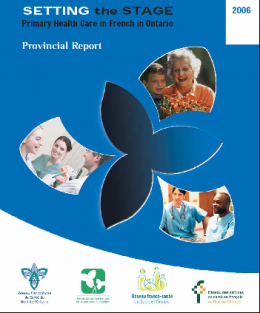 Setting the Stage is a French language health services planning project. It is a national initiative of the Société Santé en français (SSF) and is funded by Health Canada through the Primary Health Care Transition Fund (Official Language Minority Communities Envelope). Over the past two years, Canada’s 17 French language health networks, including the Réseau franco-santé du Sud de l'Ontario [Franco Health Network
Setting the Stage is a French language health services planning project. It is a national initiative of the Société Santé en français (SSF) and is funded by Health Canada through the Primary Health Care Transition Fund (Official Language Minority Communities Envelope). Over the past two years, Canada’s 17 French language health networks, including the Réseau franco-santé du Sud de l'Ontario [Franco Health Network
of Southern Ontario], have been conducting a study involving both field work and documentary research. The goal of the study was to achieve a better understanding of the health needs, gaps and priorities of Francophone minority communities and to develop potential solutions. One of the project’s concrete deliverables has been all of the information and analyses now available that will facilitate decision making on the best ways of providing quality health care services to the Francophone population.
[prettyfilelist type="pdf" filesPerPage="10"]
- Best Practices
- Health services
- Health Sources
- Professional Level
- Spoken language
- Statistics and Research
- Systemic Level
THE IMPACT OF LANGUAGE BARRIERS ON PATIENT SAFETY AND QUALITY OF CARE
Final Report

Prepared by: Sarah Bowen, PhD
For: Société Santé en français
August, 2015.
KEY POINTS
1. Significant research has been conducted on the impact of language barriers on health and healthcare, particularly over the past two decades. This research, (and several sys-tematic and critical reviews) has provided compelling evidence of the negative impact of language barriers on healthcare access, patient satisfaction and experience, as well as disparities in receipt of care between English (dominant language) proficient patients and those facing language barriers.
2. Those facing language barriers also face increased risk of medication errors and com-plications, and adverse events. The rights of limited English proficient patients to in-formed consent and confidentiality are often not protected.
3. The research on language access does not align that well with the healthcare quality and safety literature; and not all applicable research is published in commonly-cited medical journals. This may contribute to low awareness of the risks of language barriers among providers and managers.
4. Due to data limitations, limited research on impacts of language barriers has been con-ducted in the Canadian setting. However, a review of the pathways through which lan-guage barriers impact quality of care and safety indicates that much of the international research is applicable in the Canadian context.
5. In contrast to the evidence of negative impacts of language barriers on quality of care (including risk of adverse events), there is not evidence of disparities in mortality be-tween English proficient patients and those facing language barriers. This finding is not unexpected, given what is known about the pathways by which language barriers affect care quality, and limitations of methods used to investigate the impact of language barri-ers on health outcomes.
6. There are several barriers to action in addressing the risks of language barriers to quali-ty of care and patient safety: lack of awareness of current research; gaps in Canadian research; lack of language coding in Canadian data; historical framing of linguistic ac-cess as an issue of cultural sensitivity (rather than patient safety); and failure to ade-quately “translate” available evidence into healthcare action.
7. Recent research has begun to outline the complexity of pathways by which language, culture, race/ethnicity and health literacy may affect patient care.
8. Current approaches to addressing the risks of language barriers rely on the dedication and insight of individual providers rather than implementation of effective, evidence-informed strategies at the system level. This is not acceptable in light of current knowledge of effective approaches to patient safety.
9. Implications of available evidence for future research, for the SSF, and for the patient safety movement are discussed.
- Health services
- Health Sources
- Organizational Level
- Patient Centered
- Personal health practices and coping skills
- Professional Level
- Spoken language
- Statistics and Research
The Tool Box for French Services (French only)
Consortium national de formation en santé (CNFS)
Groupe de recherche et d'innovation sur l'organisation des services de santé (GRIOSS)
Facilitating the acquisition of knowledge and skills leading to the active offer of French language health services, this toolkit has two objectives: educate Francophone health professionals about the importance and scope of their role and help them to integrate more French active offer in their practice in order to provide quality, safe, ethical and fair health care services.
The Welcoming Community Project
 A community-support strategy aimed at recruiting, integrating and retaining bilingual health professionals in minority settings.
A community-support strategy aimed at recruiting, integrating and retaining bilingual health professionals in minority settings.
Based on the national strategic orientation set forth by la Société Santé en Français for 2014-2018 and the 16 French-language health networks.
Respond to two of the recommendations from the Evaluation of the Official languages Health Contribution Program 2008-2012.
Support strategies for:
COLLEGES AND UNIVERSITIES
Support identification of students registered in health programs who have a Francophone or bilingual secondary school graduation diploma.
Contribute to the trainee placement and community engagement efforts of health programs for Francophone and Francophile students in the four regions.
HEALTH SERVICE PROVIDERS
Encourage health service providers to approach postsecondary institutions and inform them of their requirements with regard to bilingual and Francophone trainees.
FRANCOPHONE COMMUNITIES
Help the regions promote the importance of supporting Francophone and bilingual trainees as a long-term method
of meeting the challenge of recruiting and retaining bilingual human resources
Establish reception services at the four host agencies and market them to Francophone and bilingual students in college and university level health programs in order to promote and facilitate trainee placements in the four regions.
TARGETED CAREERS
The welcoming community project targets the following professions where there is an urgent need of French professionals according to Health Canada's survey.
Nursing
Social work
Physicians
Psychology
Speech therapy
WELCOMING COMMUNITIES IN SOUTHERN ONTARIO
Region 1: Erie St. Clair / South-West region
Centre communautaire régional de London
Founded in 1990 the CCRL is a dynamic, inclusive and unavoidable center and francophone hub.
www.ccrlondon.on.ca
Contact: Adeline Le Roy, Coordinator, [email protected] , 519 673-1977 poste 3858
Welcoming activities
•Support, enrich and promote French language as well as French-Canadian and Francophone culture in the heart of London area.
•Develop and offer activities and social-cultural programs in French for a real social and community development.
•Encourage consultation and community cohesion to meet the needs of Francophones and Francophiles from various cultures and backgrounds.
Foster a welcoming community and a community engagement for all Francophones and Francophiles in the region.
Region 2:Waterloo/ Wellington and Hamilton, Niagara Haldimand Brant Regions
Centre de santé communautaire Hamilton/Niagara
Recognised provincially as a leader in making health services available to the French speaking population and to those wishing to have access to French services.
www.cschn.ca
Contact:Rachelle Anderson, Volunteer Resources Administrator, [email protected]
Welcoming strategies
•Establishing a central access point to meeting students, and community needs;
•Offering assistance to find housing;
•Helping with finding and accessing all services in the region;
•Coordinating educational field trips to discover the region;
•Connecting to social and professional regional networking;
•Introducing to French and bilingual organizations within the region;
•Promoting a sense of belonging through various activities.
Region 3:Greater Toronto Region
Le Regroupement des intervenants francophones en santé et en services sociaux de l’Ontario (Rifssso)
A dynamic network assisting professionals and volunteers in the health and social service fields and supporting the community in all its diversity.
Contact: Christiane Fontaine, Executive Director, [email protected] , 1 800 265-4399
Welcoming strategies
•Assembling and distributing "Welcome Kits" containing information on: existing services, active community groups and regional resources;
•Offering assistance for easier integration;
•Avoiding isolation by encouraging students participation in French activities, whether social, artistic, cultural or professional;
•Creating a matching-body system with members of the intervening staff to validate and/or evaluate the acquired academic knowledge and the work done during their internship;
Region 4: York Region and its surrounding
Association des francophones de la région de York Inc. (AFRY)
An organization with the mission of getting the French and Francophile Community to flourish by promoting a larger access to quality French services in its region.
Contact: Marie Martel, Coordinator, [email protected], 905-727-4631 extension 76550
Welcoming strategies
•Assembling and distributing community information kits
•Organize meet and greets (breakfasts, coffee, dinners)
•Offer students opportunities and venues to present their internship project or to describe their experience within the French community. Their French exposés could be presented in schools or at career fairs, etc.
VIDEOS ON THE ACTIVE OFFER OF FRENCH LANGUAGE HEALTH SERVICES
Le Réseau du mieux-être francophone du Nord de l’Ontario (RMEFNO)
This new tool, created with funding from Health Canada through an important partnership with Société Santé en français, is designed primarily for health care professionals and providers. It aims to raise awareness regarding the importance of proactively offering quality services in French to health care recipients.
Active Offer Introduction from Shebafilms Kelly Saxberg on Vimeo.
- Health services
- Health Sources
- Organizational Level
- Patient Centered
- Professional Level
- Spoken language
Active Offer of French Language Health Services in Ontario
Joint Position Statement on the Active Offer of French Language Health Services in Ontario The Regroupement des Entités de planification des services de santé en français de l’Ontario and the Alliance des Réseaux ontariens de santé en français March 2015Health Human Resources Strategy
The concepts and courses of action presented here are aimed at increasing French language health services across Canada. This online resource provides a framework for recruitment and retention of bilingual human resources in the context of health services for a minority population.

